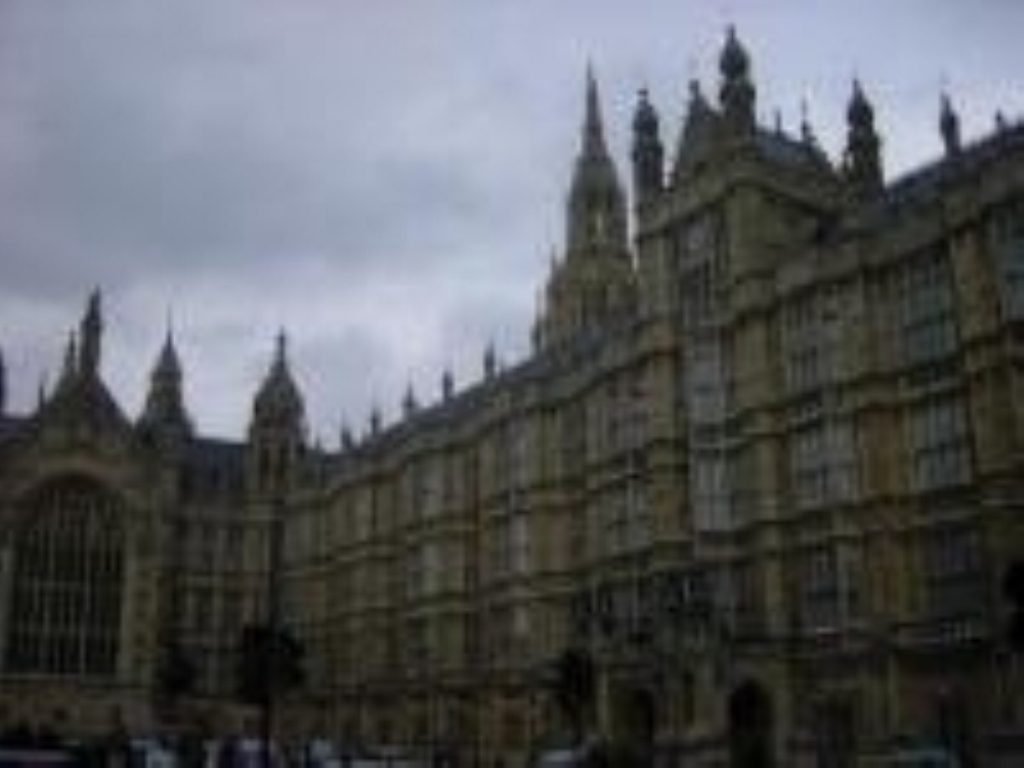Witness declares Kelly a “superb scientist”
The first witness to appear before the Hutton Inquiry into the tragic death of Dr David Kelly, Terence Taylor, described his former colleague as a “superb scientist” and “remarkable” today.
Mr Taylor, who gave evidence via video link from Australia, said that Dr Kelly’s work had helped uncover Saddam Hussein’s secret germ warfare programme.
He described how Dr Kelly’s role in as a United Nations weapons inspector in Iraq in the 1990s has played a key role in exposing the biological weapons programme and added, “He carried the inspection system through during a very difficult period. He was very determined.”
Mr Taylor, a friend and colleague of Dr Kelly, claimed that the Ministry of Defence scientist had been involved “more or less full-time” with the issue of Iraq’s weapons programmes since then.


He said he met Dr Kelly at the chemical and biological defence establishment at Porton Down in Wiltshire and had known him for 16 years.
He told the inquiry that Dr Kelly had been speaking of his plans to visit Iraq again and his daughter’s forthcoming wedding in the days before he died and added that he appeared to be in a “normal state of mind” when he stayed at his Oxfordshire home three or four weeks before his friend’s death.
Prior to his work in Iraq, Mr Taylor said, Dr Kelly had been involved in decontaminating a Scottish island used for anthrax tests during the Second World War and had formed part of a joint Anglo-US team which went to Russia following the fall of the Soviet Union to assess their biological weapons programme.
Mr Taylor, who is now the president and executive director of the International Institute of Strategic Studies in America, said Dr Kelly’s “superb” work had been recognised by the Government with the award of the Cross of St Michael and St George and claimed the arms expert had been greatly respected by world experts in his field.
Before the inquiry started hearing evidence, Lord Hutton announced further details of Dr Kelly’s death.
He revealed that four electro-cardiogram pads found on the expert’s chest had been placed there by the ambulance team to find signs of heart activity, but there was none.
Other witnesses due to appear before the Hutton Inquiry panel this week include officials from the Ministry of Defence, the Cabinet Office, Foreign Office and key figures within the BBC, including Andrew Gilligan, the defence correspondent whose report on meetings with Dr Kelly to discuss the government’s Iraq dossier sparked a row between the government and the BBC over allegations that intelligence on Iraqi weapons was doctored to provide a case for war.
Dr Kelly apparently committed suicide after being outed as the Ministry of Defence “mole” at the centre of Mr Gilligan’s story.

